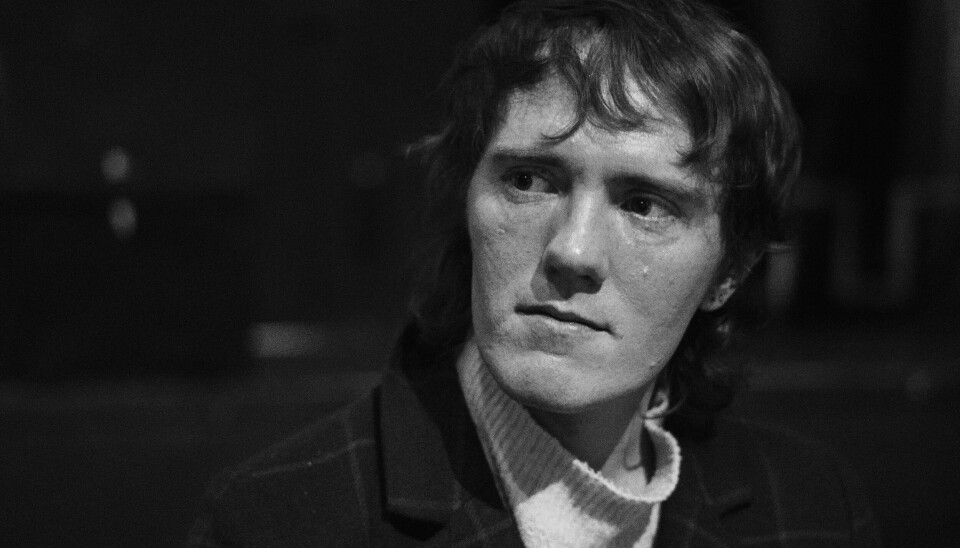Recently, transformation stories have quickly garnered the public’s attention, with the main character as the leading subject in the change process. This young man, born into a world of hate and darkness raised by an Ex-KKK Leader’s Child, found his way to the land of Equity and anti-racism. In this article, parasocial observational learning, deindividuation, psychological transformation, and stage development theories are applied to analyze the factors that facilitated Black’s inclusion in the hate group, his transformation to reject racism, as well as his current initiatives to fight hatred.
A Childhood Steeped in Hate
R. Derek Black himself grew up in a rather environment of thought as his family was indeed influenced by the Ku Klux Klan (KKK). His father, Don Black, created the white nationalist website Stormfront, and, growing up around such negative thoughts and bigotry, Black’s life was not a happy one.
Even there he fearlessly propagated white supremacism, which is a perfect illustration of the potency of parental influence and the risks of promulgating intolerance.
Breaking Free from the Cycle of Hate Ex-KKK Leader’s Child
It was during college Black started the process of converting into a non-hater. Although he attempted to distance himself from the hate group his father, an Ex-KKK Leader’s Child, belonged to, his past resurfaced when he was revealed to be a white nationalist on a student-run bulletin board. Although it was a disastrous event that, in one way or another, wreaked havoc on many lives, it became the spark for reflection. It started slowly to dawn on Black that what he once held as true constituted the atrocities of prejudice.
It was during this time that the necessity of articulating a clear and cogent personal philosophy became most apparent to me, which led to this important turning point in 2013. After he mustered the courage to write an article for the Southern Poverty Law Center, Black made this discovery. In this powerful piece, he not only derided the doctrine of white supremacy and his family’s history of bigotry but also ACAPELLAMENTO proclaimed himself an anti-racist.
Key Factors in Black’s Transformation
- Exposure to Diverse Viewpoints: Also College made it possible for Black to meet different personalities in their lives. This exposure had to go a long way in shifting him from his earlier thinking and probably shaping how he looks at the world today.
- Critical Thinking: Cutting off from the past put Black into a reflective state and as a result, he began questioning and rejecting racism. This made him capable of critically analyzing his prior ways of thinking which exposed ignorance that he was denied before.
- The Courage to Change: It took Black all the courage he could muster to publicly come out and firmly call out white supremacy. It showcased how he was against racism and prejudice and how he intended to ensure equal rights for all.
From Rejecting Hate to Fighting for Equality Ex-KKK Leader’s Child
Despite once engaging in it, he constantly undermines the ideology. Black uses his voice to tell his own story and raise awareness on the effects of hatred and racism among the white population. He delivers speeches, takes to the writings, and debates in the public domain to counter racist beliefs and encourage the embracing of diversity.
At the same time, the film does not present Black’s story of transformation primarily as a cautionary tale but as a story that proves that change is still possible. It also shows a way from hatred and suggests that individuals can make the difference between a loving and a hostile society from such backgrounds.
FAQs: R. Derek Black’s Journey from Ex-KKK Leader’s Child to Anti-racist Activist
Here are some frequently asked questions about R. Derek Black’s remarkable story:
Q: How old was R. Derek Black when he appeared on “The Jenny Jones Show” promoting white nationalism?
A: Specifically, R. Derek Black was not more than 10 years old at the time when he was filmed for the show.
Q: Where did R. Derek Black publicly denounce white supremacy and declare himself anti-racist?
A: Black wrote an article rubbing his family’s name in the SPLC’s nasty mud and formally embraced anti-white racism.
Q: How does R. Derek Black work to combat racism today?
A: Black actively speaks on the matter, giving speeches, writing articles, and participating in public discussions, to educate people and change their prejudice towards other races.
Q: What is the significance of R. Derek Black’s story?
A: The transformation that occurs in Black should not go unnoticed, for it is a powerful illustration of hope. This illustrates the potential for change in individuals, even those raised in environments of hate.
Conclusion: A Beacon of Hope in the Fight Against Racism
Derek Black makes an inspiring testimony. The film gives at least a glimpse of the society striving towards the rejection of racism and bigotry. Black’s personal transformation is one of the most influential experiences society can consider. Black’s story is not just a sociology project or a shocking anecdote, but a direct appeal and a challenge for everyone to look inside and fight against prejudice and for equality.




